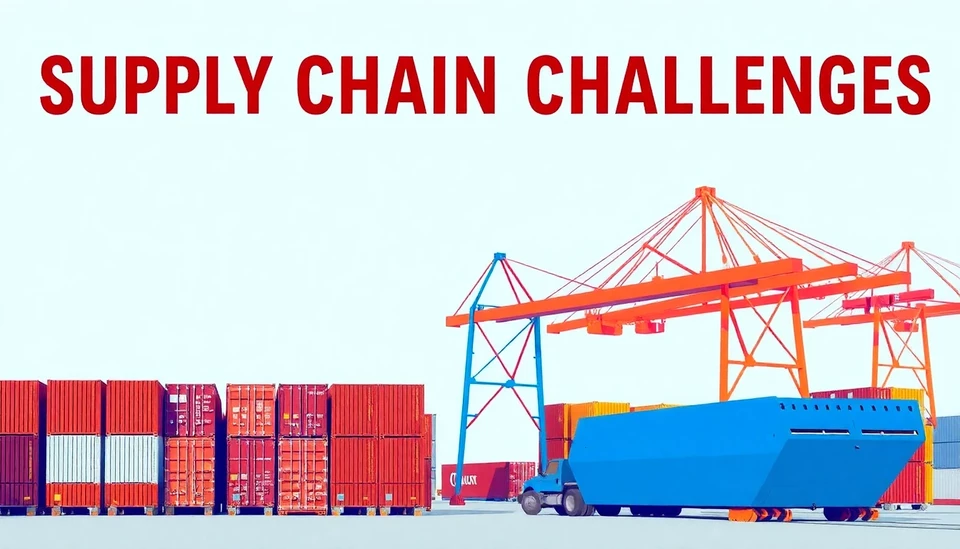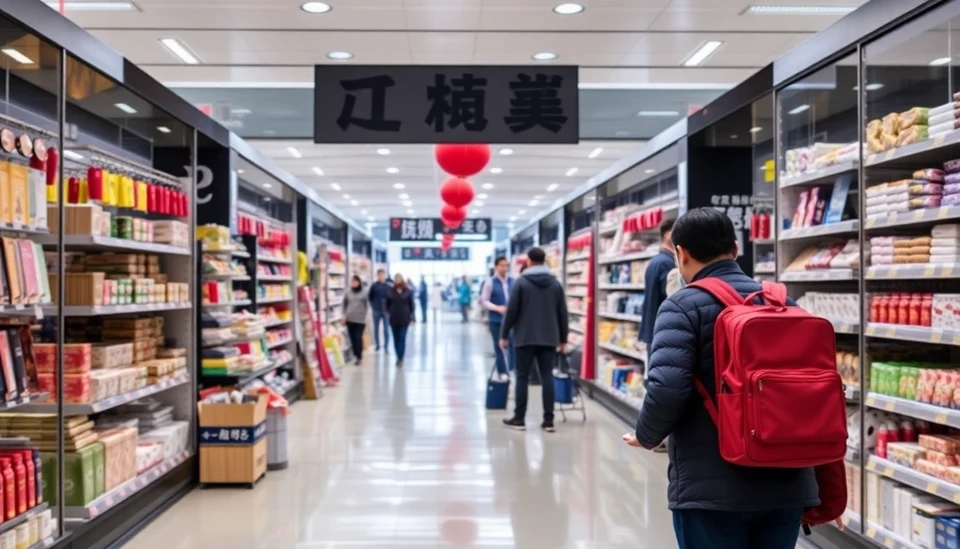
In an era marked by ongoing supply chain disruptions, major financial and political figures are weighing in on the complexities and potential solutions to the challenges facing global trade. Notably, Howard Lutnick, CEO of Cantor Fitzgerald, recently shared insights on the current state of the supply chain crisis, while former President Donald Trump continues to advocate for tariffs as a method to bolster domestic industries and protect American jobs.
Lutnick, speaking to a room of entrepreneurs and industry leaders, emphasized the interconnectedness of global supply chains, suggesting that businesses must adapt to a rapidly changing environment. He noted that the fallout from the pandemic has led to unprecedented hurdles, affecting everything from shipping logistics to raw material availability. Lutnick pointed out that companies are being forced to overhaul their supply chain strategies, adopting more flexible and resilient approaches to mitigate the risks associated with future disruptions.
During his address, Lutnick also highlighted the importance of technology in overcoming these challenges. He stated that advancements in digital logistics and automation could help streamline operations and improve supply chain efficiency. The CEO encouraged businesses to invest in innovative solutions that can provide real-time data and analytics, enabling them to make informed decisions amidst uncertainty.
On the political front, former President Trump has staunchly defended his tariff policies imposed during his administration, arguing that they are essential for protecting American workers and reviving manufacturing. Trump’s tariffs aimed to reduce dependency on foreign imports, particularly from China, and to promote local production. His continuing influence in the political landscape keeps the conversation around tariffs and trade policies alive, with many industry experts debating their long-term effectiveness and impacts on the economy.
Critics of Trump's tariffs assert that while intended to safeguard American industries, they can inadvertently lead to increased costs for consumers and manufacturers. They argue that higher tariffs can result in elevated prices for goods, ultimately affecting American households. However, supporters maintain that these tariffs have created a level playing field for domestic companies, encouraging them to grow and compete effectively in both local and international markets.
The ongoing dialogue between industry leaders like Lutnick and political figures like Trump underscores the complexity of addressing supply chain challenges. As businesses continue to navigate these turbulent waters, it is essential for stakeholders to engage in constructive conversations that lead to effective solutions. Only through collaboration and innovation can we hope to strengthen our supply chains and ensure economic stability moving forward.
These discussions will continue to evolve, and it remains to be seen how both political and business strategies will adapt to the lessons learned from recent crises. Ultimately, the goal is clear: to establish a robust and resilient supply chain framework that can withstand future shocks, while also addressing the pressing needs of American workers and consumers alike.
As the supply chain landscape shifts, all eyes remain on both Lutnick's entrepreneurial insights and Trump's tariff strategy, as they play critical roles in shaping the future of trade and industry in the United States.
#SupplyChain #HowardLutnick #DonaldTrump #Tariffs #GlobalTrade #BusinessStrategy #EconomicRecovery #Innovation
Author: Rachel Greene




